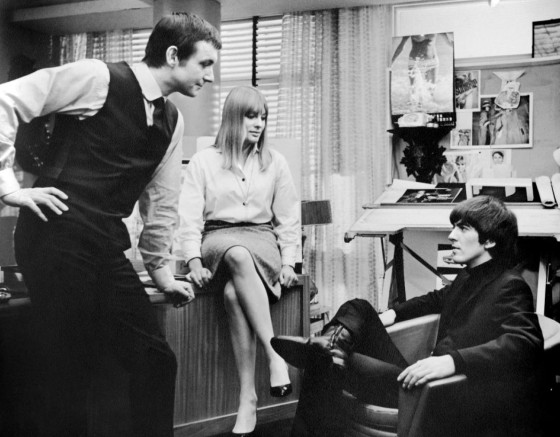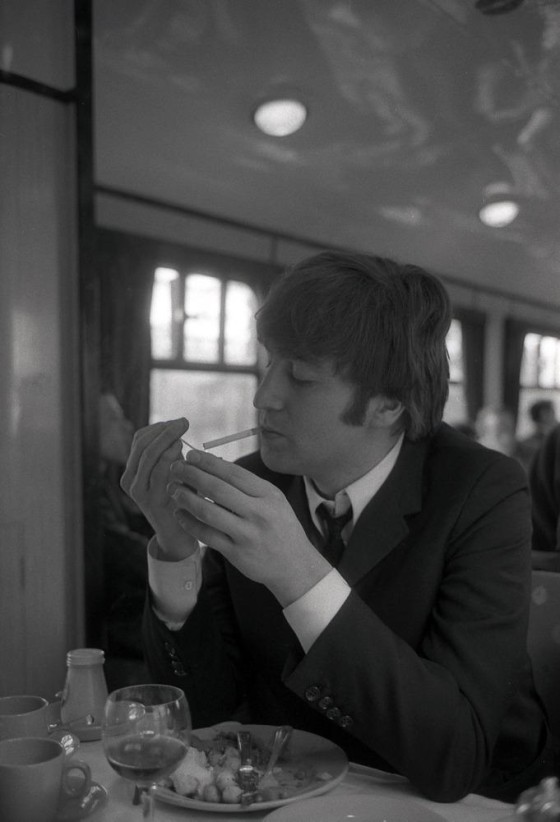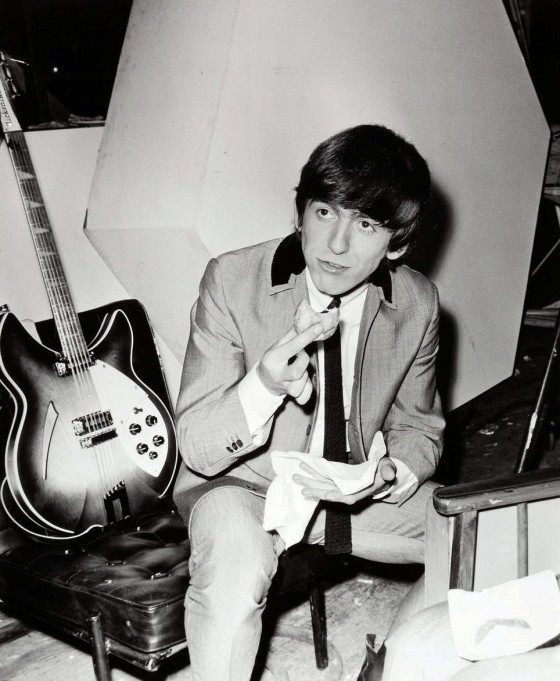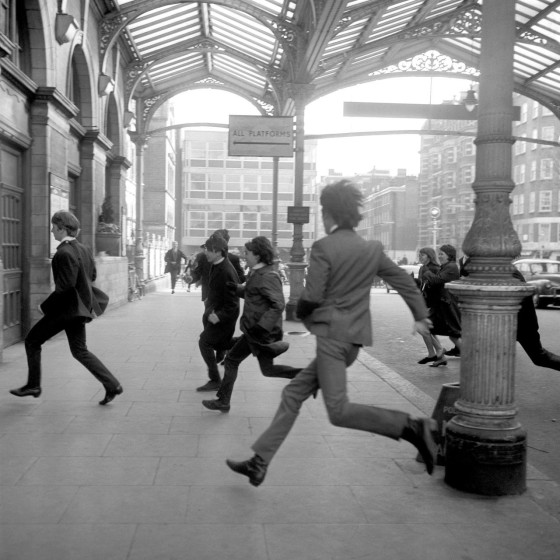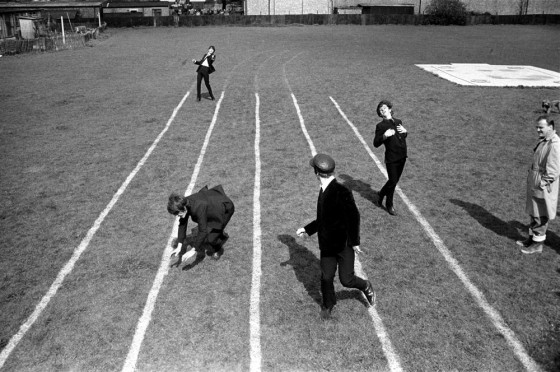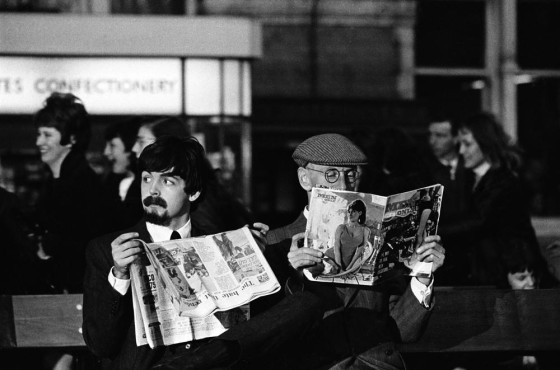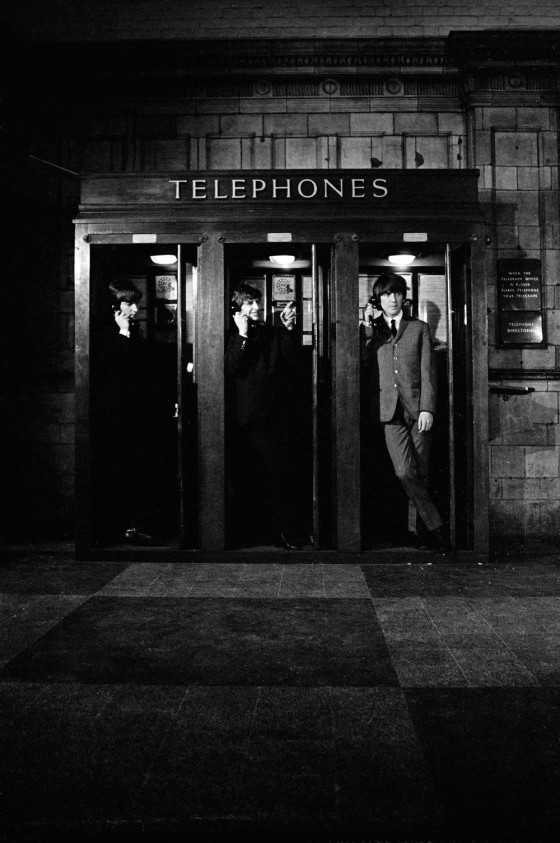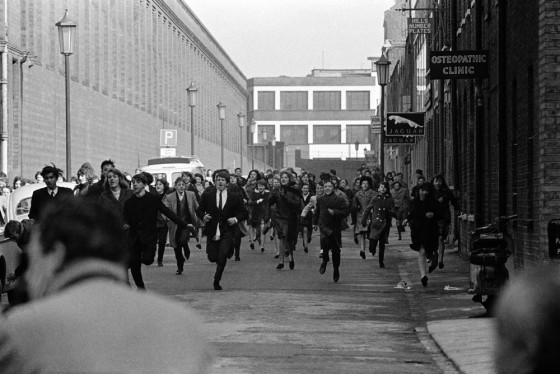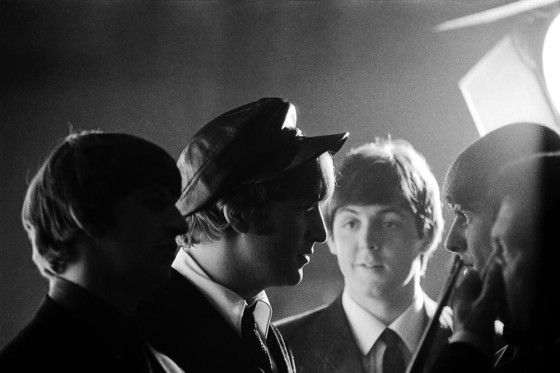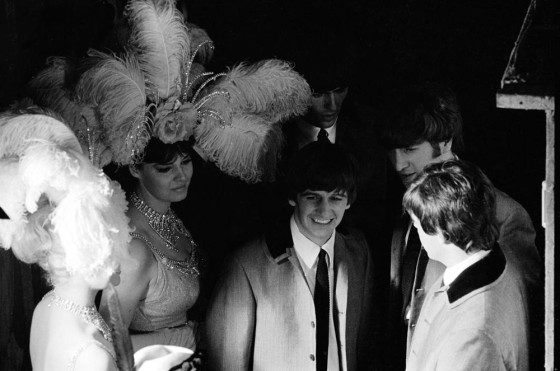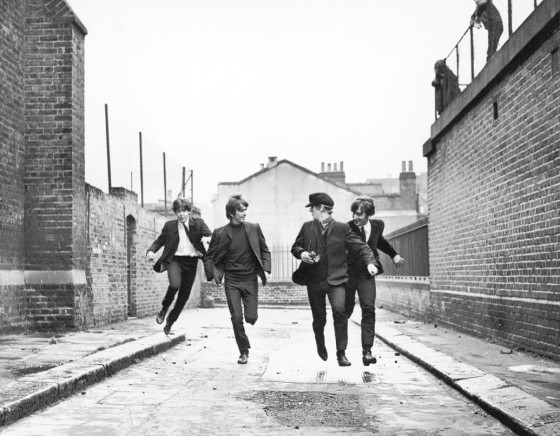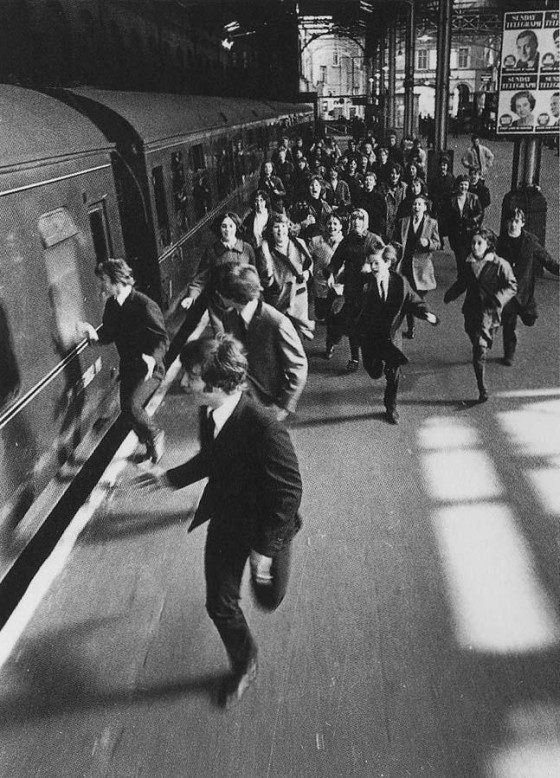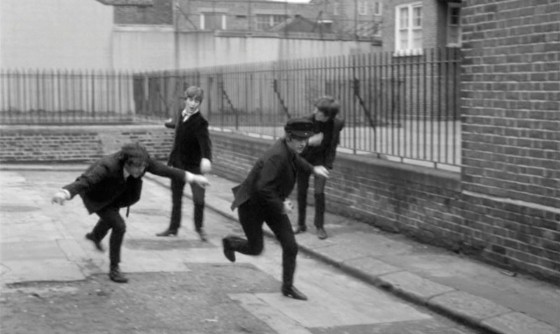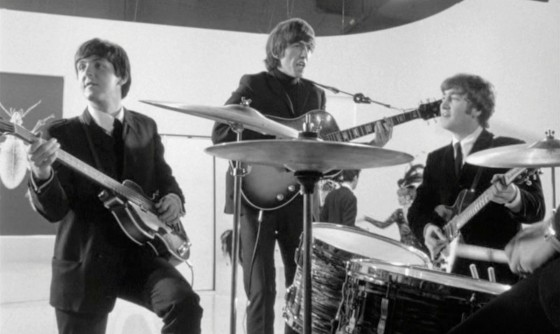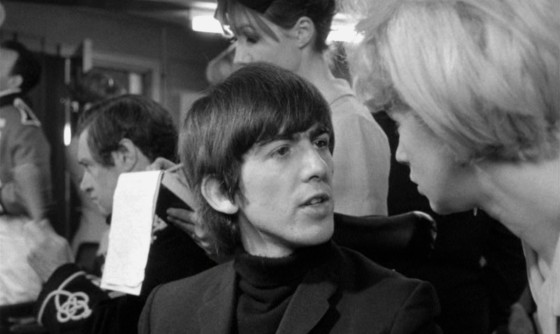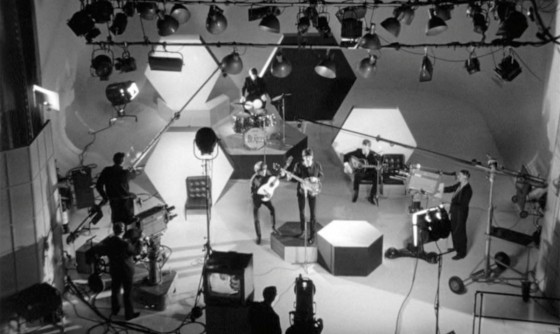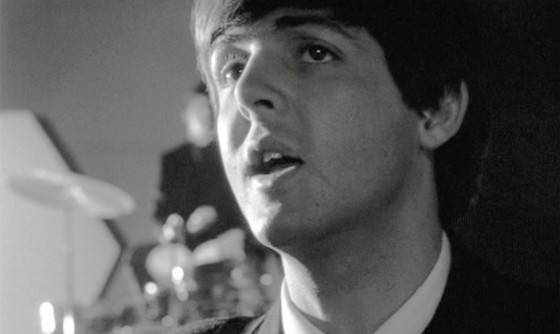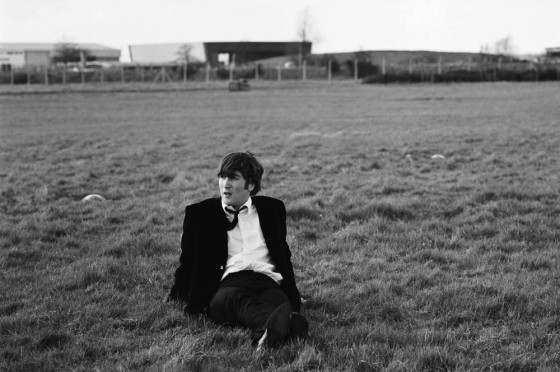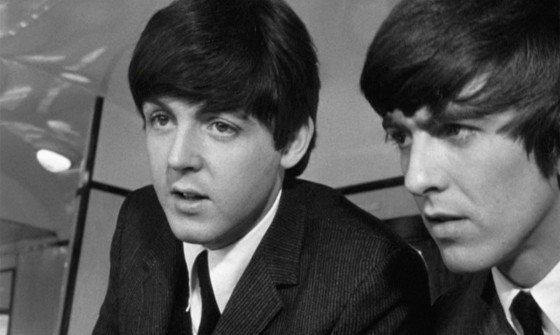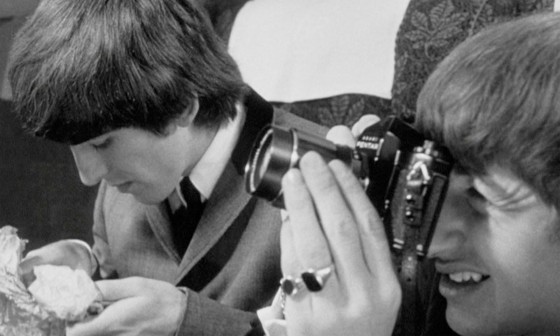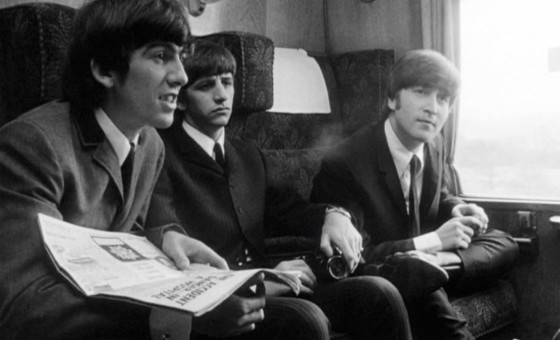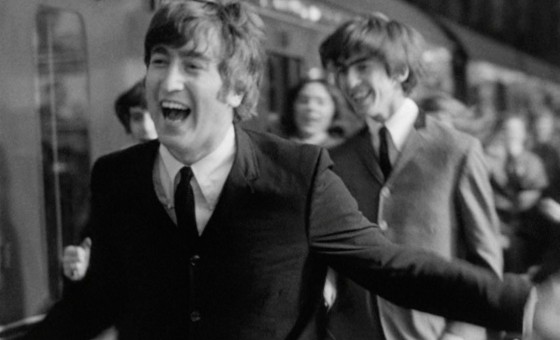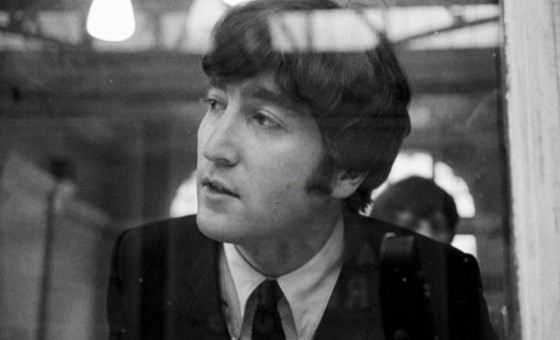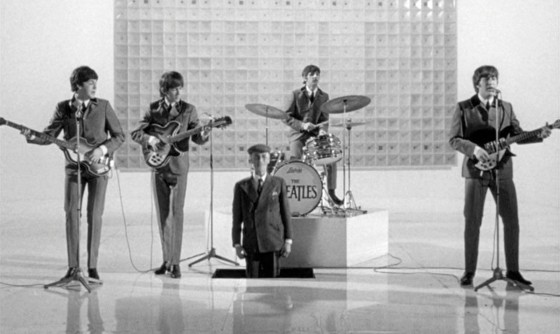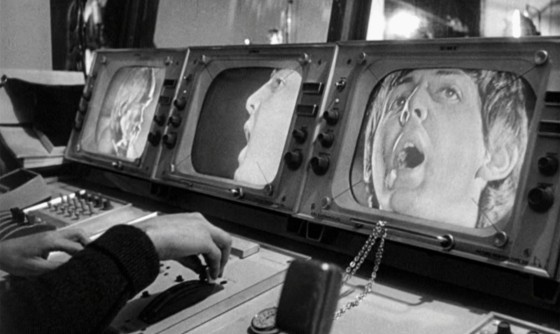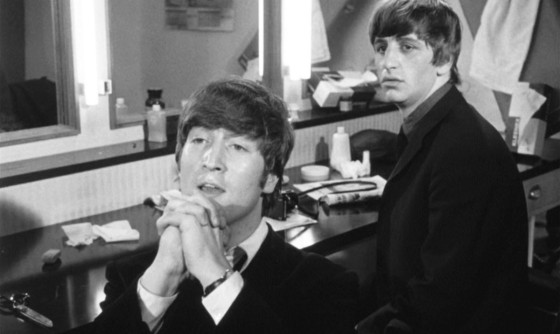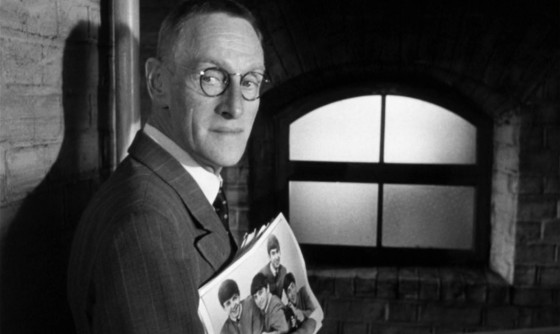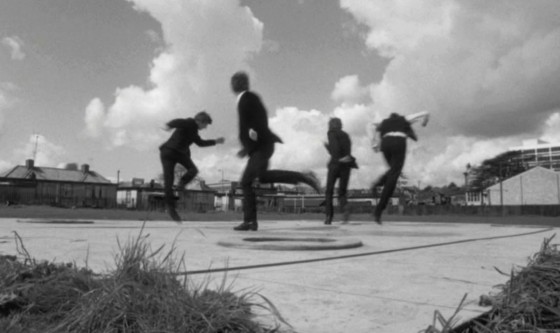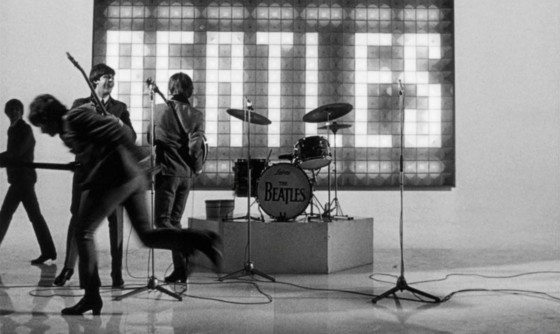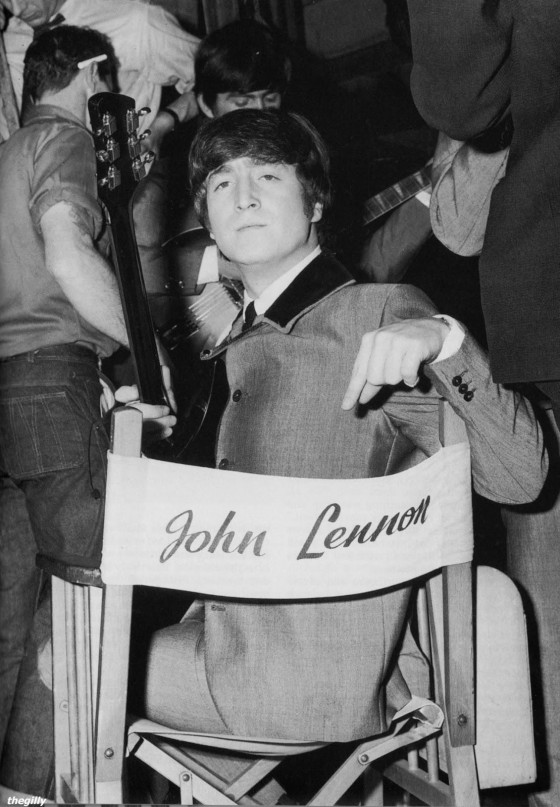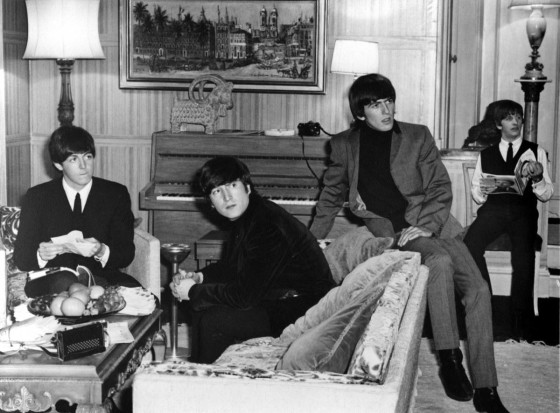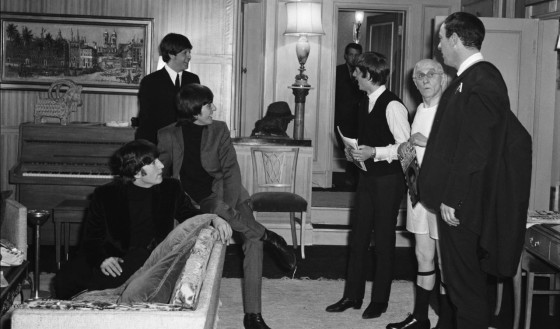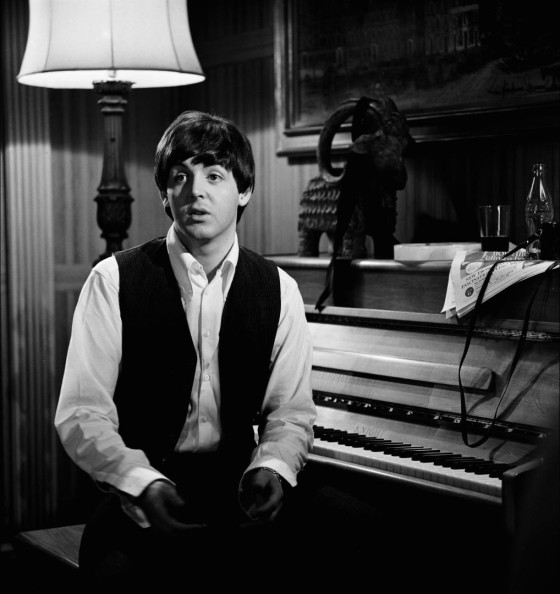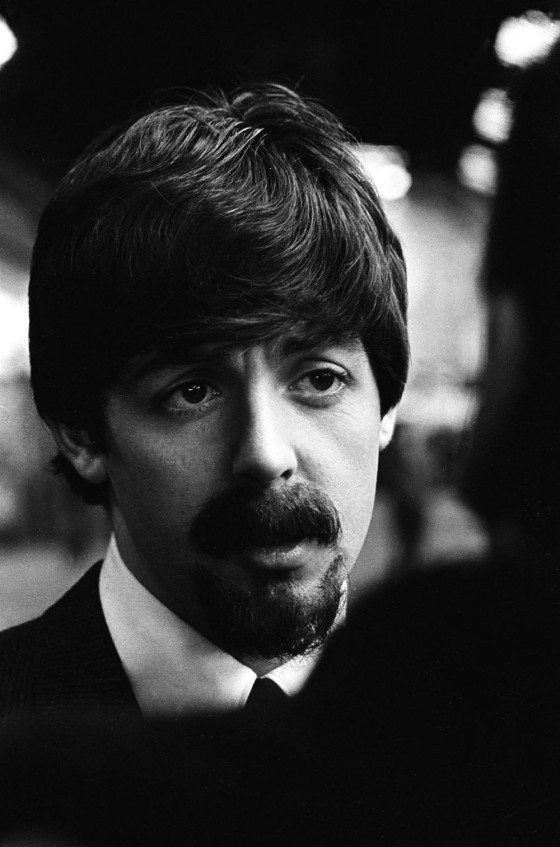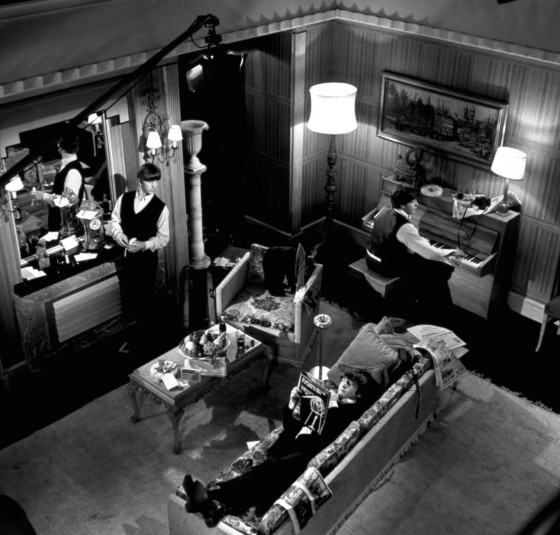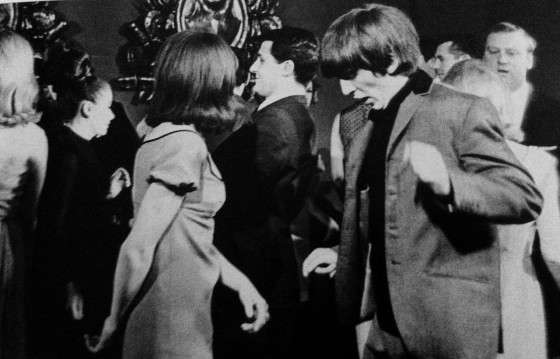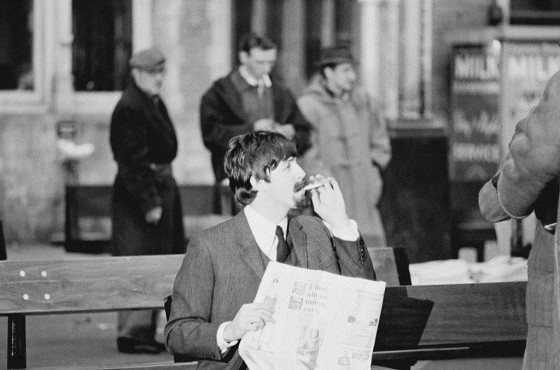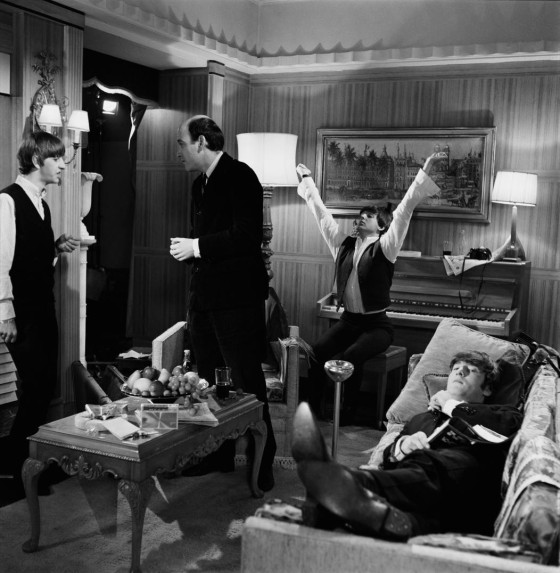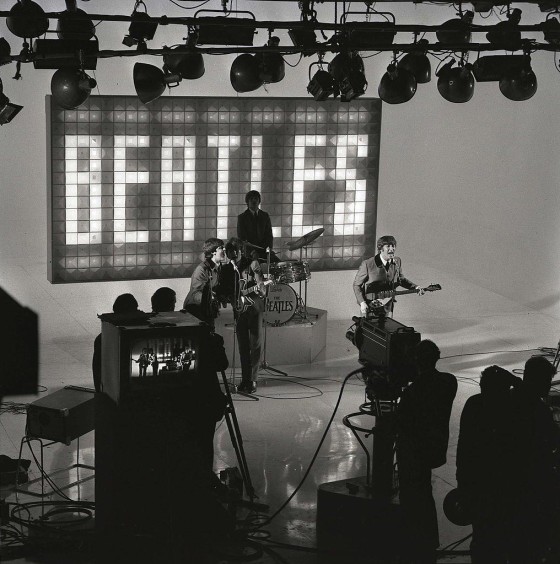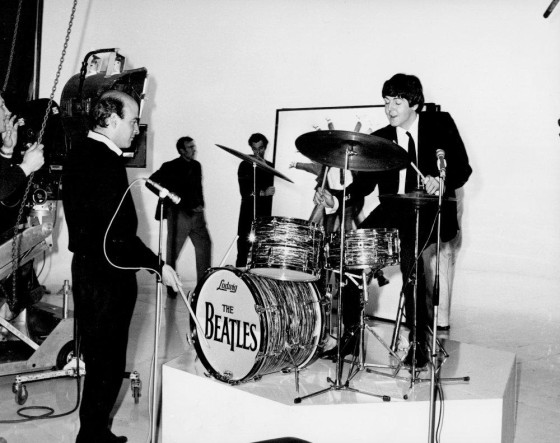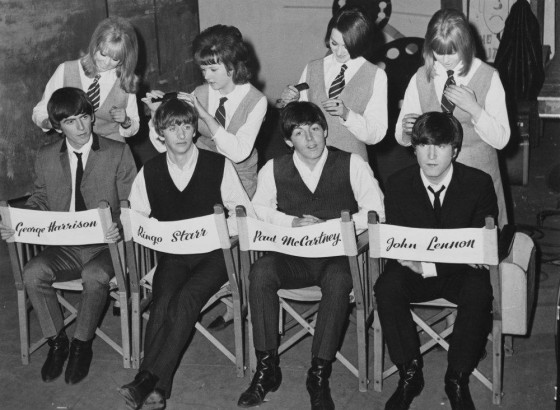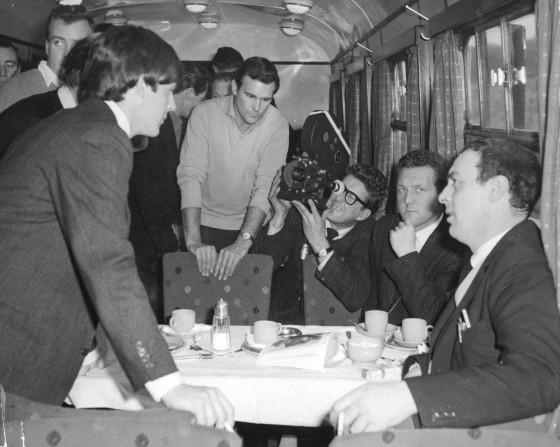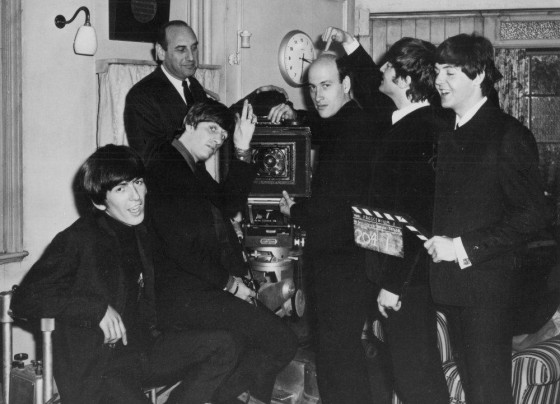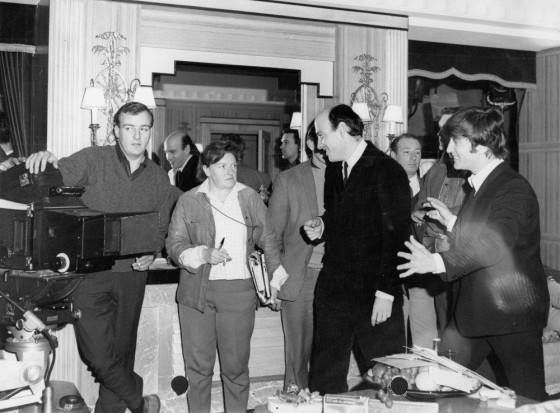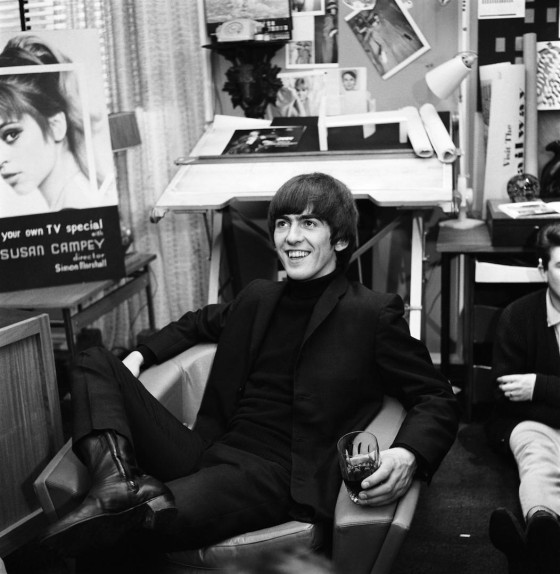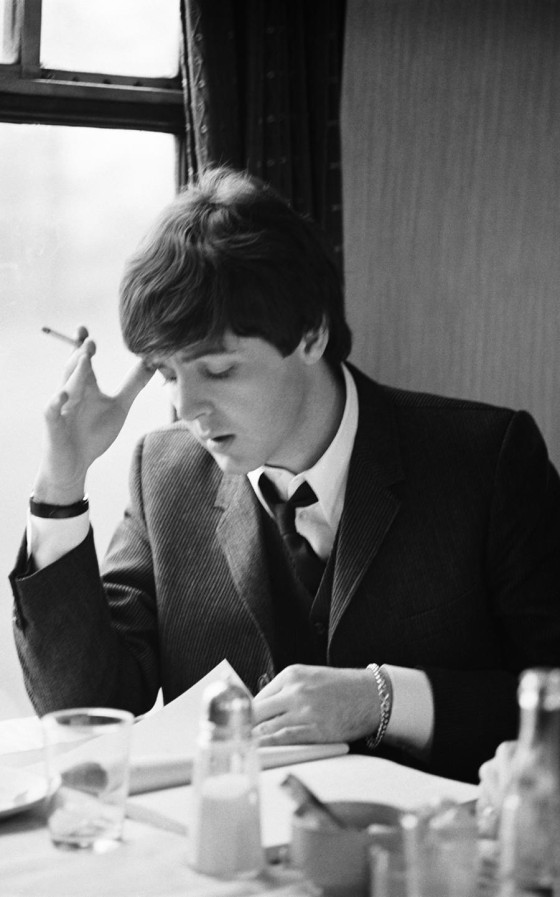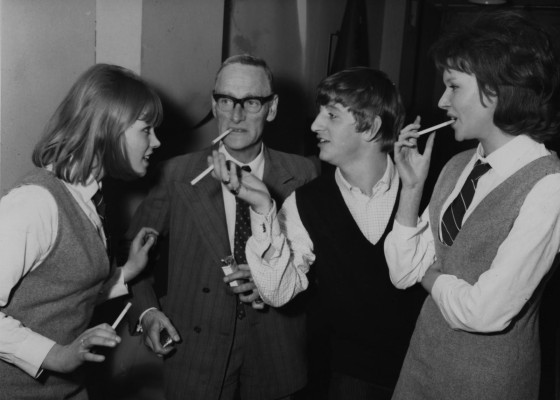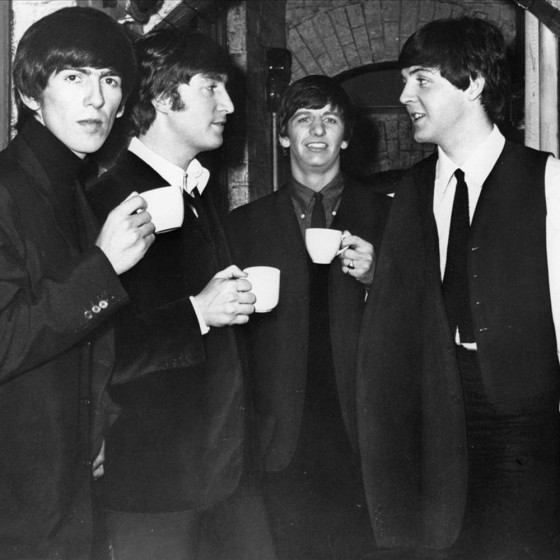The film was a financial and critical success and was nominated for two Academy Awards including Best Original Screenplay. Forty years after its release, Time magazine rated it as one of the 100 all-time great films. In 1997, British criticLeslie Halliwell described it as a "comic fantasia with music; an enormous commercial success with the director trying every cinematic gag in the book" and awarded it a full four stars. The film is credited as being one of the most influential of all musicalfilms, inspiring numerous spy films, the Monkees' television show and pop music videos, and various other low-budget musical film vehicles starring British pop groups, such as the Gerry and the Pacemakers film Ferry Cross the Merseyand John Boorman's vehicle for The Dave Clark Five, Catch Us If You Can.
In 1999, the British Film Institute ranked it the 88th greatest British film of the 20th century.
The film's credits state that all songs are composed by John Lennon and Paul McCartney. However, also heard in the film is a portion of "Don't Bother Me", a George Harrison composition. The instrumentals are recorded by the George MartinOrchestra.
The film's title originated from something said by Ringo Starr, who described it this way in an interview with disc jockey Dave Hull in 1964: "We went to do a job, and we'd worked all day and we happened to work all night. I came up stillthinking it was day I suppose, and I said, 'It's been a hard day ...' and I looked around and saw it wasdark so I said, '... night!' So we came to A Hard Day's Night.
According to Lennon in a 1980 interview with Playboy magazine: "I was going home in the car, and Dick Lester suggested the title, 'Hard Day's Night' from something Ringo had said. I had used it in In His Own Write, but it was an off-the-cuffremark by Ringo. You know, one of those malapropisms. A Ringo-ism, where he said it not to be funny... just said it.So Dick Lester said, 'We are going to use that title.'"
In a 1994 interview for The Beatles Anthology, however, McCartney disagreed with Lennon's recollections, recalling that it was the Beatles, and not Lester, who hadcome up with the idea of using Starr's verbal misstep: "The title was Ringo's. We'd almost finished making the film, and this fun bit arrived that we'd not known about before, which was naming the film.So we were sitting around at Twickenham studios having a little brain-storming session ... and we said, 'Well, there was something Ringo said the other day.' Ringo would do these little malapropisms, he would say things slightly wrong,like people do, but his were always wonderful, very lyrical ... they were sort of magic even though he was just getting it wrong. And he said after a concert, 'Phew, it's been a hard day's night.'"
Yet another version of events appeared in 1996; producer WalterShenson said that Lennon had described to him some of Starr's funnier gaffes, including "a hard day's night", whereuponShenson immediately decided that that was going to be the title of the film
Regardless of which of these origin stories is the true one, the original tentative title for the film had been "Beatlemania" and when the new title was agreed upon, it became necessary to write and quickly record a new title song, whichwas completed on 16 April, just eight days before filming was finished. John Lennon wrote the song in one night, (credited to Lennon-McCartney) basing the lyrics on a birthday card sent to his young son Julian, and it went on to win a Grammy for Best Performanceby a Vocal Group.


